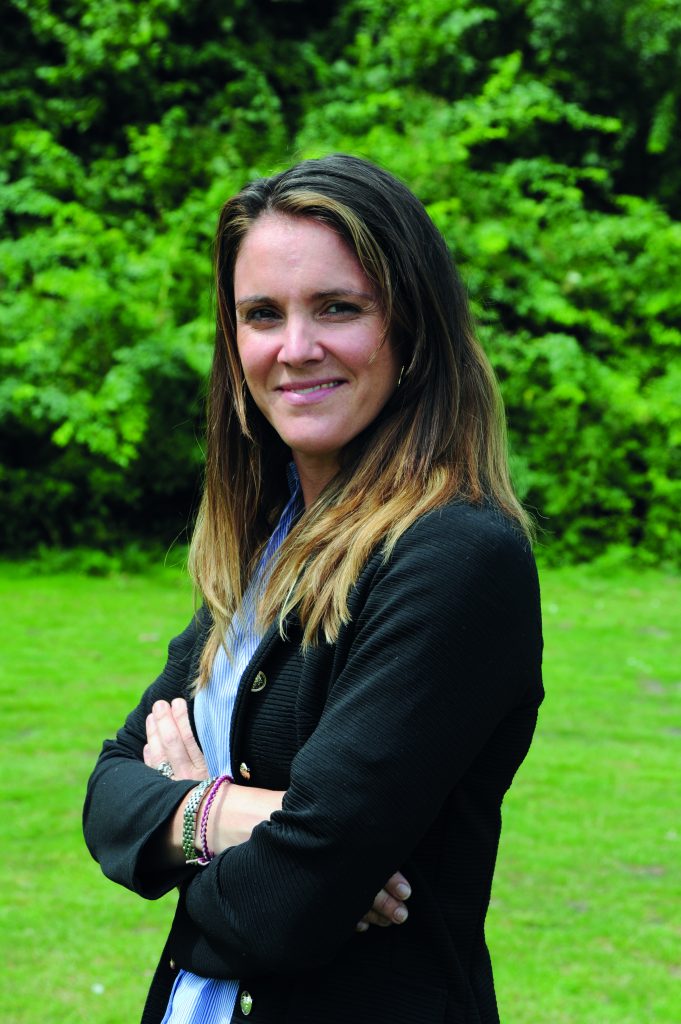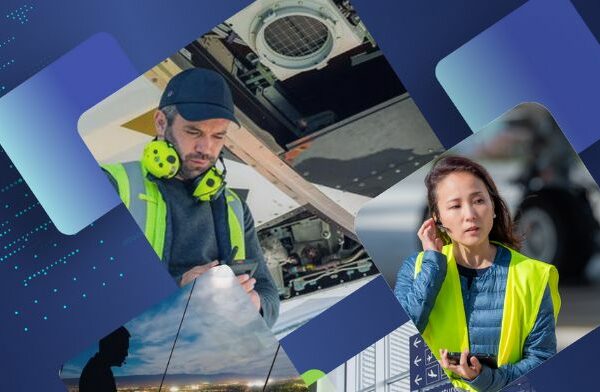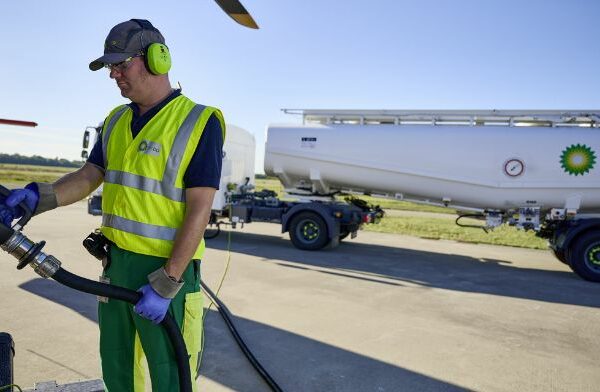

With just a few weeks to go until we bid farewell to 2019, the past 12 months have had their fair share of uncertainty for Europe’s airport community. Mixed signals on the economy, environmental protests, Brexit confusion, political turmoil and the collapse of several airlines have left airports facing unprecedented challenges.
Speaking at the Airport Operators Association’s (AOA’s) conference held in London last week, Karen Dee, AOA’s CEO, underlined that while aviation is “a driver of economic activity and prosperity,” UK airports have rarely faced a more challenging operating environment and their continuing success will depend on recognising and adapting to the changes that lie ahead.
The decarbonisation of aviation is probably the most pressing issue facing the industry, with Sir Jim Fitzpatrick, the Labour party’s former aviation minister, saying that “sustainable aviation should be the first line of attack, not last line of defence.”
While many airports are already addressing the issue and implementing sustainable solutions, the International Air Transport Association’s UK manager, Simon McNamara, said “more effective communication of what is being done is needed.” Dee also emphasised the need for airports to “move further and faster.”
Time to act is now
Stacey Peel, associate director of ARUP, suggested that in order to meet ambitious carbon neutral goals, airports should be thinking now of how they will operate in 2050. “What do battery-powered aircraft mean for airports?” she asked. “How airports are designed and the infrastructure that’s needed is changing, and that has to be addressed immediately,” she said. Peel also underlined the point that the industry’s heavy reliance on carbon offsetting isn’t sustainable as she questioned: “this won’t be an option in years to come, so are we making the right investments now?”


Here come the drones
Meanwhile, Mark Swan of Airspace Change Organising Group (ACOG) urged delegates to take heed of the drone invasion. “Thousands upon thousands of drones will enter our airspace in the next three to five years,” he warned as he cited the urgent need to factor this into airspace design.
Robert Light, head commissioner of the Independent Commission on Civil Aviation Noise (ICCAN), added that no matter what their size “airports are often afflicted by the same issues, so will benefit from mutual co-operation. Aviation noise must be discussed in a frank and open manner.” He also stressed “airspace modernisation will deliver overall noise benefits, so we can’t ignore the noise issue in the carbon agenda.”
There is of course one major hurdle still to come, for the UK and Europe at least, in the form of Brexit. Speakers agreed that aviation needs to be at the front of a post-Brexit world to determine what it looks like. Dee echoed this, saying: “Government needs to be behind the industry and to provide a solid framework to ensure the UK continues to be outward facing post-Brexit.”
The editor’s comment is published weekly as an accompaniment to the Regional Gateway e-newsletter. If you do not currently receive our email updates, you can subscribe here.





